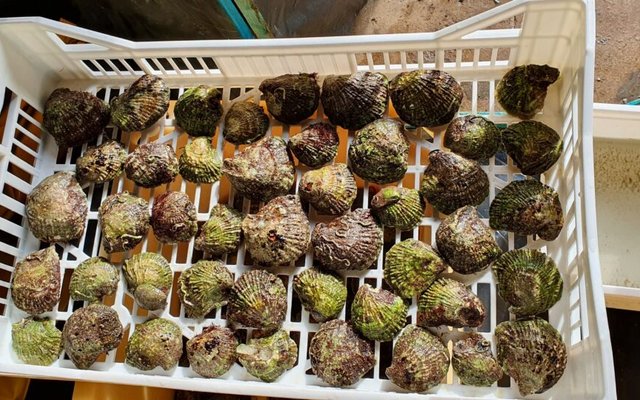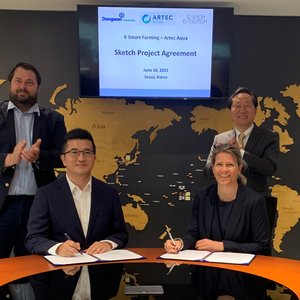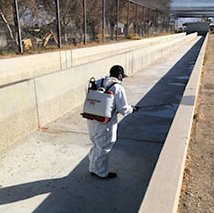Xelect and Orkney Shellfish Hatchery developed an innovative new DNA-based method of detecting Bonamia in European flat oysters.
Nik Sachlikidis from the Cadman Capital Group, owners of Orkney Shellfish Hatchery, said that “this is another demonstration of our commitment to using science-backed, cutting-edge technology to provide the highest possible standard of product. We know that our oysters are exceptional, and now we can also demonstrate that they’re disease-free too. We’re continually looking at new ways to improve our native oyster spat product and set new standards for industry best practice in this area. Xelect has done a great job of working hand-in-hand with our team to solve some key issues facing the native oyster hatcheries and ensuring our broodstock are Bonamia-free.”
Bonamia ostreae is a major problem for many wild native oyster populations and is linked to the major decline in abundance throughout their range. Bonamia testing is widely available but is typically “destructive”, meaning that the oyster is damaged or killed, limiting the ability of the hatcheries to identify and then utilize disease-free broodstock for larval production. Orkney Shellfish Hatchery can now comprehensively ensure the Bonamia-free status of each individual incoming native oyster broodstock, by using a non-destructive testing method. The outcomes are a much higher degree of hatchery biosecurity and wider options for native oyster broodstock sourcing.
Xelect used a tried and tested method known as a Taqman Assay but adapted it to the specific challenge of testing for the presence of the pathogen from a filtered water sample – a technique called environmental DNA (eDNA) analysis.
Paolo Ruggeri, from Xelect, oversaw the analysis. “Bivalves, like the flat oyster, filter large volumes of water every day, and, in the process, shed tiny amounts of their own DNA, and the DNA of any parasite they are carrying. Using a highly sensitive DNA test we can sample the waters the oysters live in to identify the presence of the pathogen. It’s an extremely cost-effective and humane approach, and the oysters don’t even need to leave their hatchery.”
Xelect’s operations director, Tom Ashton, added, “our customers are spread all around the globe, so it’s been a great pleasure to work with such an innovative customer based so close to home. Orkney Shellfish Hatchery came to us with a challenge, and the team always loves breaking new ground.”













